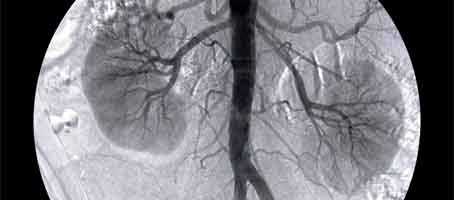Chronic lack of sleep and sleep-related breathing problems each double the risk of obesity in children, a new study suggests.
The research, conducted at the Albert Einstein College of Medicine of Yeshiva University in New York and published in The Journal of Pediatrics, found that 15-year-olds affected by the condition were twice as likely to be obese.
In 2012, a survey conducted by the Health Survey for England (HSE) found that 28 per cent of children aged two to 15 were either overweight or obese, thereby significantly increasing the risk of developing a number of conditions, including cardiovascular (heart) disease, type 2 diabetes, and cancer.
The study incorporated data on nearly 2,000 children, and contained questionnaire data from parents concerning the sleeping habits of their children. It compared this data to child BMI data from research clinics.
The results suggested that the children with the most severe sleep-disordered breathing (SDB) had the most significant risk of obesity. Compared to the children who had no such sleeping problems, they were twice as likely to be obese by the ages of seve, 10, and 15.
The study also found that children who got the least sleep at ages five to six were 60 to 100 per cent more likely to be obese by the age of 15, and therefore more likely to develop type 2 diabetes.
Professor Karen Bonuck, lead researcher, said that lack of sleep “has become a well-recognised risk for childhood obesity.
“These two risk factors had not been tracked together in children over time to determine their potential for independently influencing weight gain .”
What's new on the forum? ⭐️
Get our free newsletters
Stay up to date with the latest news, research and breakthroughs.





